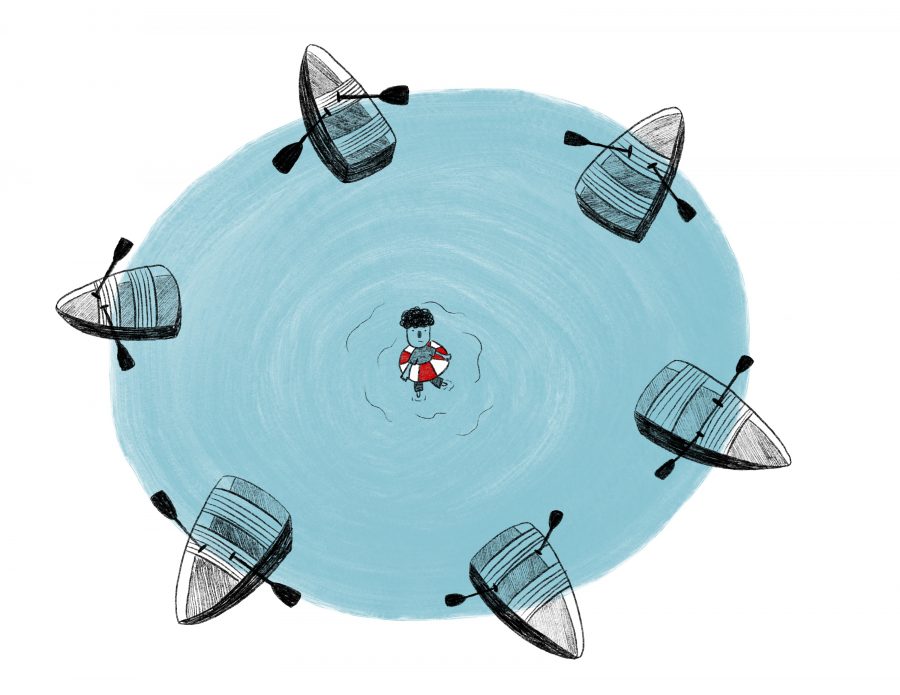The most common piece of advice thrown at incoming freshmen isn’t even a word, it’s an acronym — CMHC. It stands for the Counseling and Mental Health Center. What’s missing is a description of what students can do for themselves to promote better well-being and mental health.
Both new and current UT students need to use the CMHC resources available to them so they can learn to improve their health on their own terms.
Dr. Rosa Schnyer, who lectures for both the School of Nursing and Plan II, is currently researching the effect of acupuncture and Chinese herbs on nervous system function and clinical symptoms in patients with depression and anxiety.
According to Schnyer, anxiety is the number one issue she has encountered in students. It’s important that students learn when they need to access outside resources for aid and how they can help themselves on a day to day basis.
For students who live with a mental illness, Schnyer said that it can severely impact their daily activities. This then affects every aspect of their life, especially when it comes to concentrating on academics.
Schnyer practices a holistic approach to care where targeted therapy and treatment is individualized, and she encourages and supports patients to participate in their own care. This approach pertains to students, who often need a self-care strategy to address their mental health.
“Self-care, to me, can be seen as a practice in which an individual prioritizes themselves and assures that their whole well-being is in pristine condition,” mathematics freshman Eric Canizalez said. “I sometimes practice self-care, mostly (by) taking breaks, whether that be walking around, working out or just being on my phone.”
Self-care helps students take their mental health into their own hands, and UT has resources to teach students how they can achieve this, whether it be the CMHC staff and resources or professors such as Schnyer.
UT also provides resources for students when self-care isn’t enough — resources that students need to take advantage of to benefit from.
“UT has great resources and offers great support for students through the Counseling and Mental Health Center,” Schnyer said.
The CMHC’s six short-term free counseling sessions are the most common example, but their programs don’t stop there.
“(CMHC) runs two MindBody labs on campus where UT students can explore at their own pace various resources for improving their emotional and physical health,” Schnyer said. “I often make an
assignment for students to visit the labs.”
It’s up to us as students to take charge of our own well-being and take advantage of the many resources provided to us.
“Students basically live their lives right here on campus and spend a majority of their time here,” Canizalez said. “Mental health should be more of a priority, not only for students but everyone.”
All the resources in the world won’t make a difference if students aren’t aware of them. For CMHC to best help the student body, students should discuss these resources with friends and classmates, encourage professors to address mental health in class and most of all take their health into their own hands.
As Schnyer put it, take care of yourself and each other.
Cooper is a Plan II and journalism freshman from Austin.


















